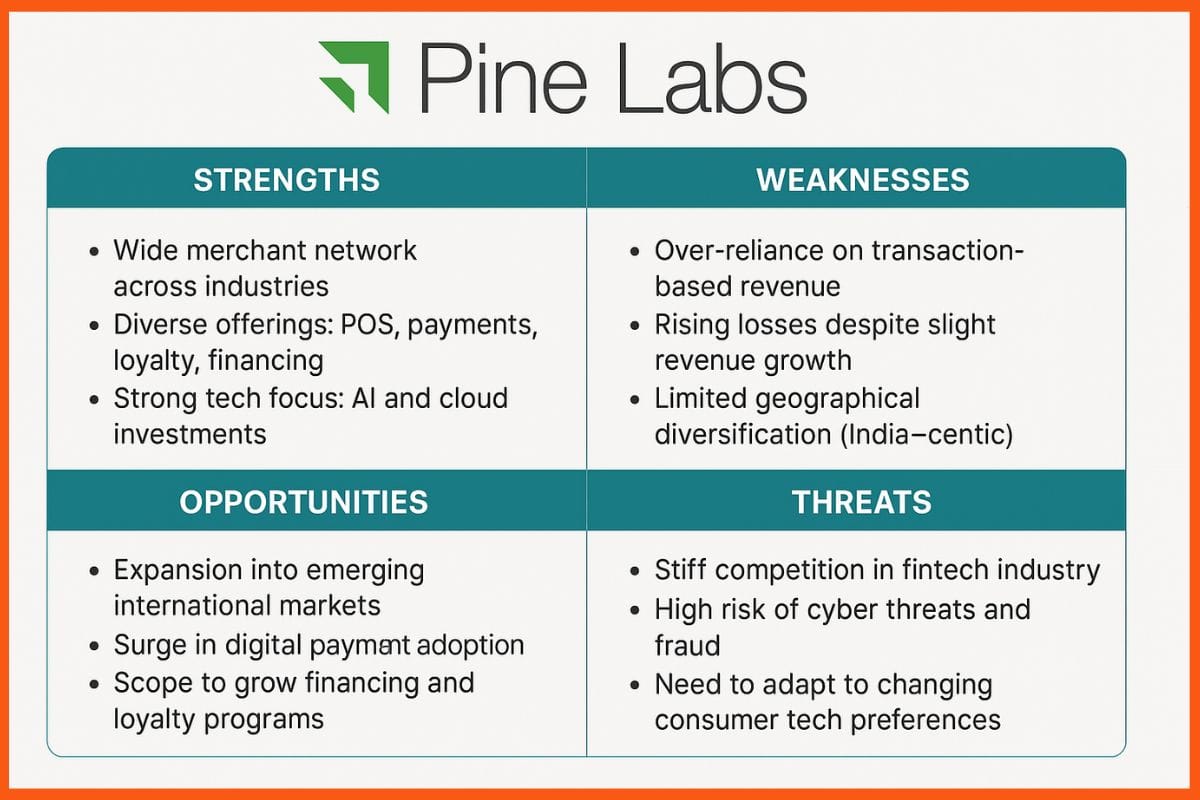Indian startups continue to attract investor interest across various sectors. Fresh funding rounds are helping them grow faster, improve technology, and expand their reach. Here’s a quick look at the key funding highlights from 18 June 2025.
📰 Funding Summary – 18 June 2025
| Company | Funding Round | Amount | Lead Investors |
|---|---|---|---|
| Oben Electric | Series A (extended) | ₹100 crore | Helios Holdings, Sharda family office, Kay family, others |
| CLR Facility Services | Undisclosed stage | US $15 million | British International Investment |
| Seven (payment ring) | Pre-Series A | ₹4 crore | Venture Catalysts (+ Vinners, Anchorage) |
| Techfino (NBFC fintech) | Equity round | ₹65 crore (~US $7.5m) | Stellaris Venture Partners, Saison Capital |
Oben Electric
Oben Electric, a Bengaluru-based electric two-wheeler manufacturer, has raised INR 100 crore in an extended Series A funding round. This includes INR 50 crore secured earlier this year, bringing its total Series A fundraise to INR 100 crore and overall capital raised to INR 200 crore. The investment will be used to expand its retail footprint across 50+ cities, enhance manufacturing, and strengthen after-sales services. Key investors include Helios Holdings, the Sharda family office, and the Kay family.

CLR Facility Services
CLR Facility Services, a prominent player in the B2B facility management space, has secured US $15 million from British International Investment. The capital will support the company’s mission to professionalise facility services at scale, improve service quality across sectors, and expand operations into more regions. With a growing demand for tech-enabled facility solutions, CLR aims to strengthen its workforce and bring innovation to the highly fragmented FM industry.
Seven (Payment Ring Startup)
Mumbai-based fintech startup Seven has raised ₹4 crore in a Pre-Series A funding round led by Venture Catalysts, with participation from Vinners and Anchorage Capital. Known for its innovative NFC-enabled “7 Ring”, a contactless payment ring certified by RuPay and Mastercard, Seven plans to use the funds to boost production, introduce a budget-friendly “7 Ring Air,” and scale distribution. The startup aims to capitalise on the surge in UPI usage by offering a stylish, tap-to-pay wearable that requires no charging or PIN.
Techfino (NBFC Fintech)
Techfino, a tech-driven NBFC focused on secured MSME lending, has raised INR 65 crore in equity funding from Stellaris Venture Partners and Saison Capital. The Bengaluru-based company will use the funds to double its branch network, enhance technology infrastructure, and expand its Loan Against Property and education loan portfolios across Tier II and III cities. Founded by ex-bankers, Techfino has already disbursed over 100,000 loans and maintains profitability since its first full financial year.






